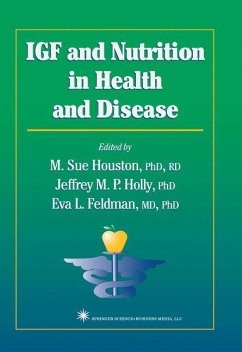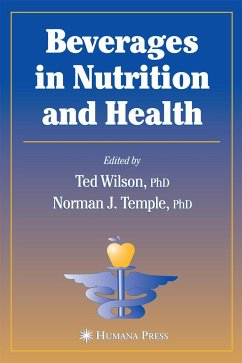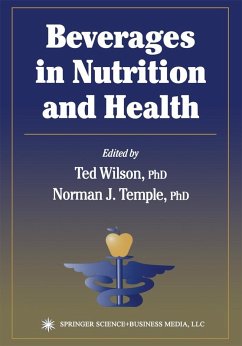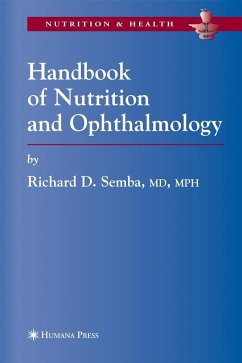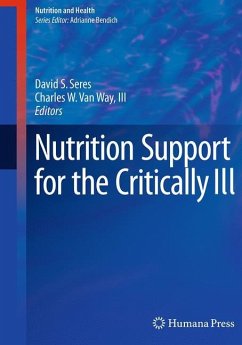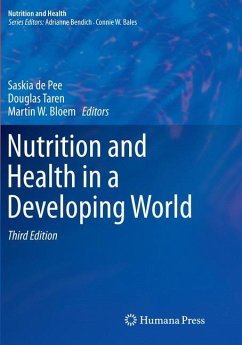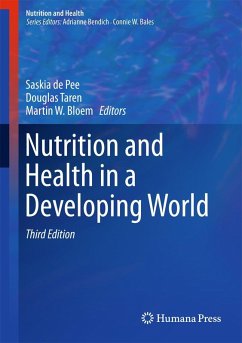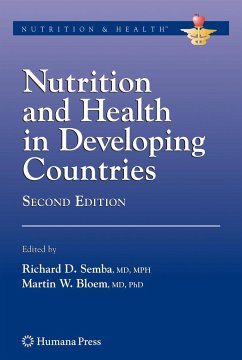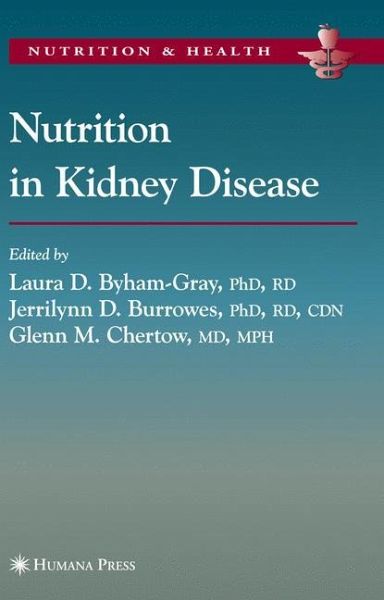
Nutrition in Kidney Disease
Versandkostenfrei!
Versandfertig in 6-10 Tagen
130,99 €
inkl. MwSt.

PAYBACK Punkte
65 °P sammeln!
The field of kidney disease has evolved over the years to encompass a broad and sophisticated knowledge base. This book provides a comprehensive perspective of the emerging science in nutrition in kidney disease. It is written by a collaborative group of distinguished dietitians and physicians who have devoted their careers to the care of patients with kidney disease. At the end of key chapters, case studies assess knowledge of the subject within the context of didactic curriculums. Appendices comprise an extensive and carefully selected list of resources.
The Nutrition and Health(TM) series of books have, as an overriding mission, to provide health professionals with texts that are considered essential because each includes: (1) a synthesis of the state of the science, (2) timely, in-depth reviews by the leading researchers in their respective fields, (3) extensive, up-to-date fully annotated reference lists, (4) a detailed index, (5) relevant tables and figures, (6) identi- cation of paradigm shifts and the consequences, (7) virtually no overlap of information between chapters, but targeted, inter-chapter referrals, (8) suggestions of areas for future research, and (9) balanced, data-driven answers to patient /health professional questions that are based upon the totality of evidence rather than the findings of any single study. The series volumes are not the outcome of a symposium. Rather, each editor has the potential to examine a chosen area with a broad perspective, both in subject matter as well as in the choice of chapter authors. The international perspective, especially with regard to public health initiatives, is emphasized where appropriate. The editors, whose trainings are both research and practice oriented, have the opportunity to develop a primary objective for their book, define the scope and focus, and then invite the leading authorities from around the world to be part of their initiative. The authors are encouraged to provide an overview of the field, discuss their own research, and relate the research findings to potential human health consequences.



